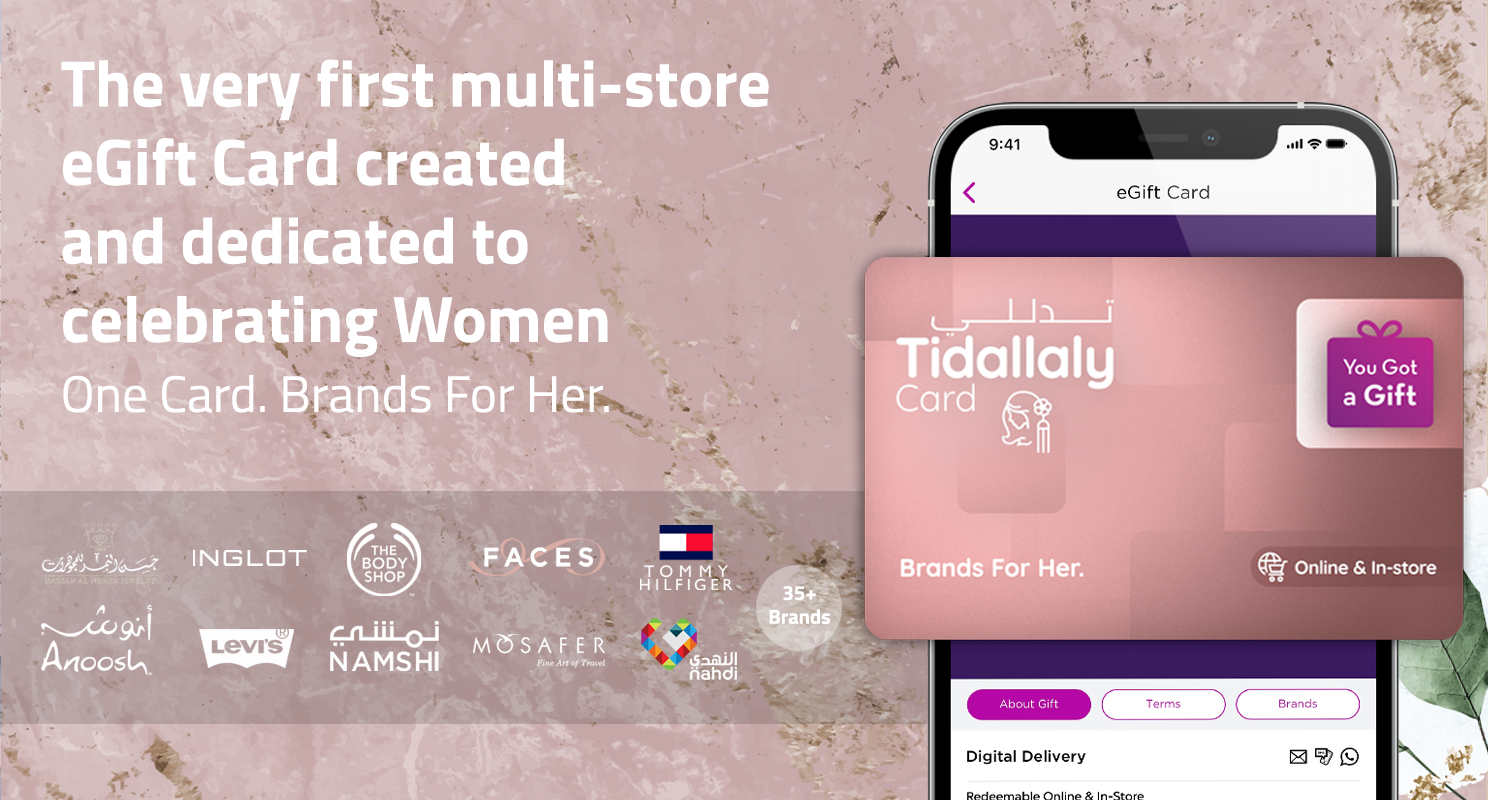Meet The Most Disruptive Generation in the Workforce
As everyone became more familiar with millennials and their seemingly disruptive needs and expectations from work, we thought there's nothing new to be learned about the young(er) talents.
Enter Gen-Z.
A newer, younger, and even more disruptive generation that is about to take the workplace by storm.
Who are they?
Born in the mid 1990s to 2010, they will represent 32% of the world population and 24% of the global workforce by 2020.Their Generational Economic Moment
Gen Zers of employment age grew up during a global recession where their parents frequently told them that money is tight, which made them extremely aware of the value of non-monetary benefits.Unlike their millennial predecessors, they are pragmatic and big on saving and financial security. They plan for the future and at a very early age, when -surprisingly enough- they start saving towards retirement. So, when given a non-monetary benefit that can’t be saved or invested, they diligently measure it against the actual value it will add to their lives.
They also grew up during the Occupy Wall Street movement and watched their parents get laid off during the Great Recession, so they don’t have a lot of trust or default loyalty to large corporates and employers in general.
Their Mental Health Awareness
Gen Z are more aware about mental health and are very cautious about work-related stress and anxiety; 61% of Gen Z said that their mental health impacts their productivity and 75% have quit jobs for workplace-related anxiety and mental health reasons, compared to a measly 10% of Baby Boomers.Only 39% said their manager would be well-equipped to help in the event of their having a mental-health condition, and 37% said their workplace environment contributed to their feelings.
Gen-Zers are willing to leave their employers to find a company they feel aligns with their values and overall goals: a whopping 73% of Gen Z employees already did just that.
Their Social Activism
According to latest surveys, 72% of Gen-Z believe gender and racial equality is the most important issue in the workforce today, and nearly half believe employers should be doing more to promote inclusion.Gen Z also have the highest awareness towards climate change and environmental issues. They will choose paperless and plastic-free whenever it’s possible.
When asked, 40% of Gen Z said they believe that climate change is the biggest threat to the world in the next decade -a bigger threat than poverty, terrorism, unemployment, and economic crises.
Surveys also show that 31% of them have boycotted non-sustainable companies, and 32% of MENA Gen Z believe sustainable products are as good as their regular alternatives.
Their Digital Nativeness
Gen Z are digital natives, born and raised with computers and technology; digital experiences are what normal everyday life is to them. As opposed to previous generations, they view smartphones as tools not toys -a necessity, not a cool status badge.Unsurprisingly, 98% of them own a smartphone, and 55% use their smartphones five or more hours a day. 92% have a digital footprint – that includes a social media identity or “personal brand”.
Because they use online services like Netflix, Spotify, and YouTube on a daily basis, Gen Z expect personalized experiences that are curated to their personal preference. Algorithm curation and “recommended for you” is practically a part of their everyday digital experiences.
Intrigued? Stay tuned for part two, where we explore what that means for your company and how it can get ready for this coming wave of change!




Comments
Post a Comment